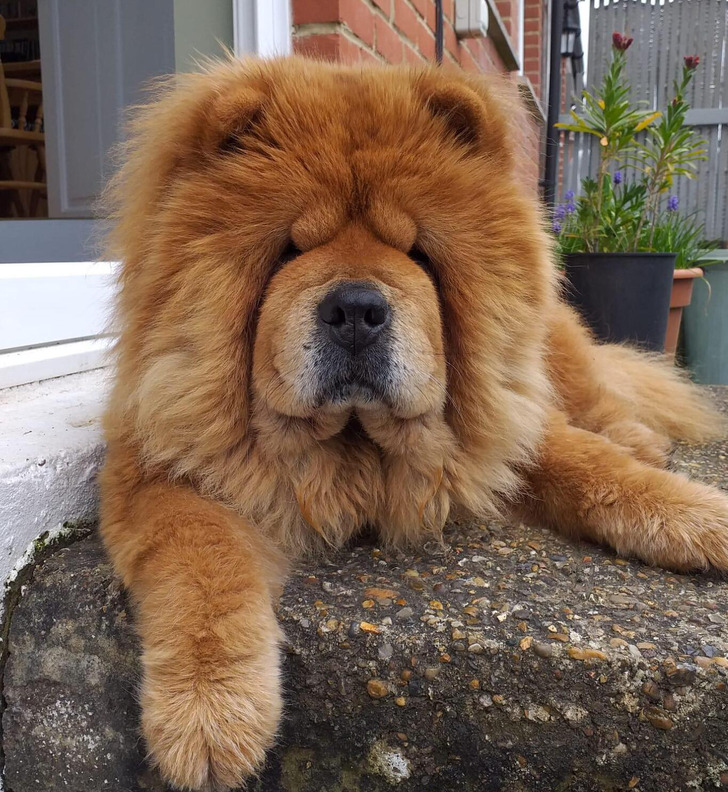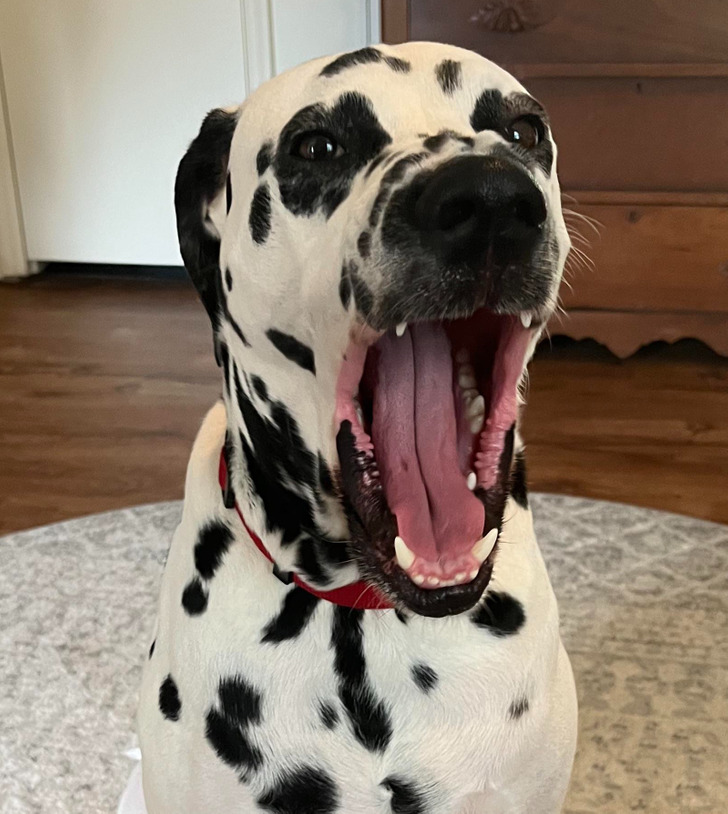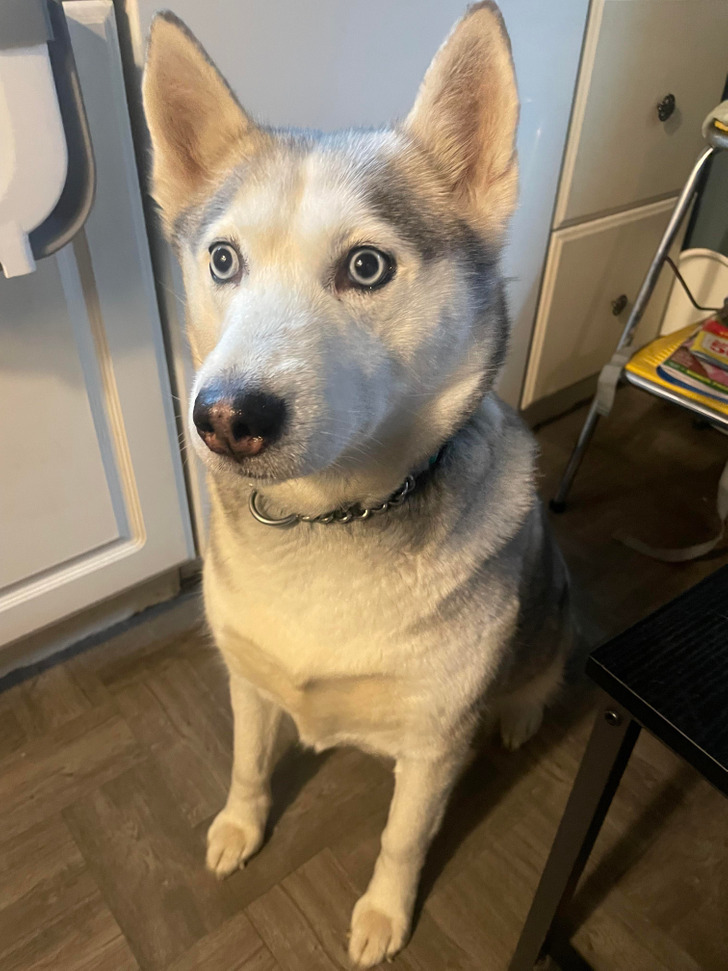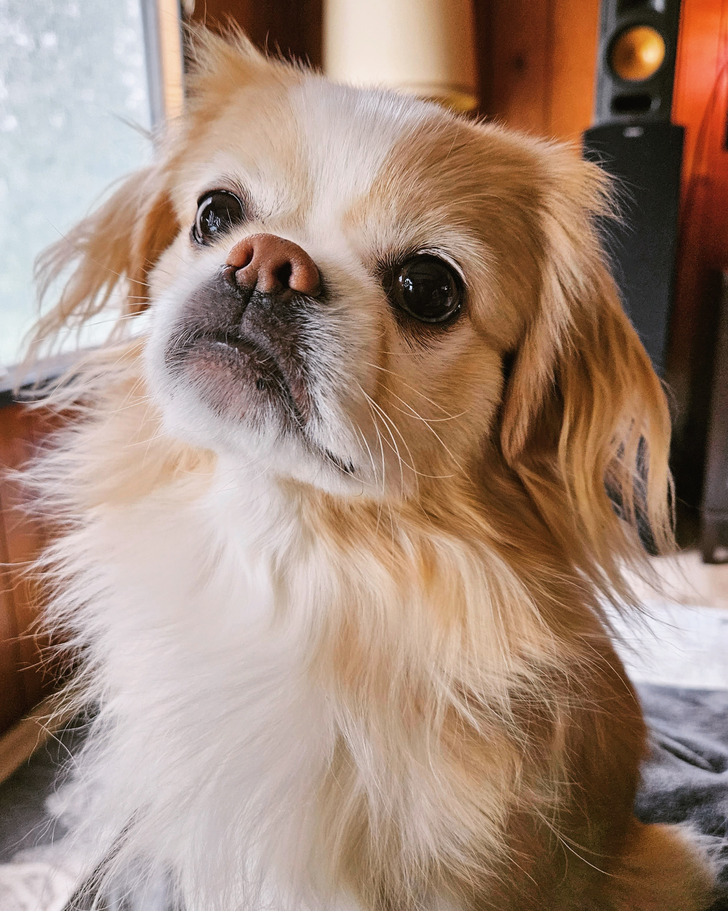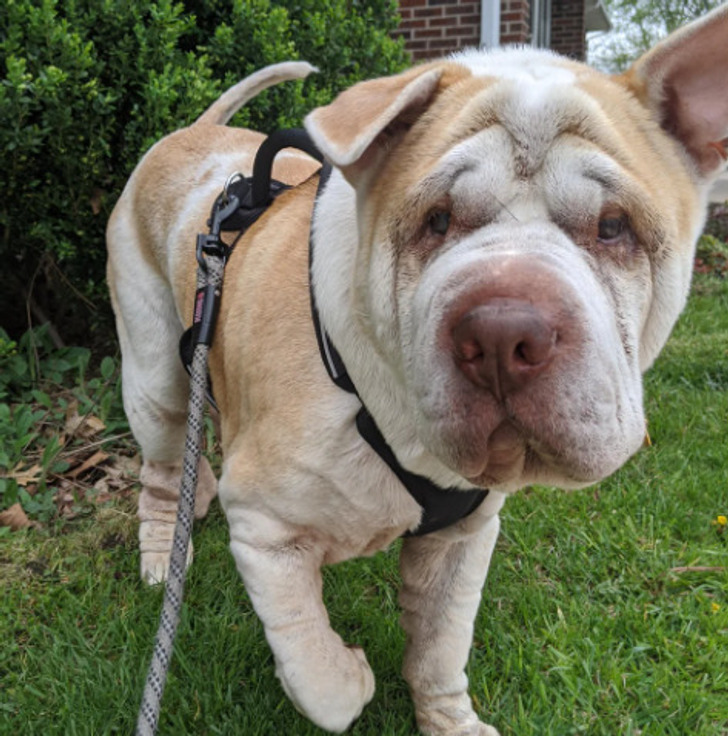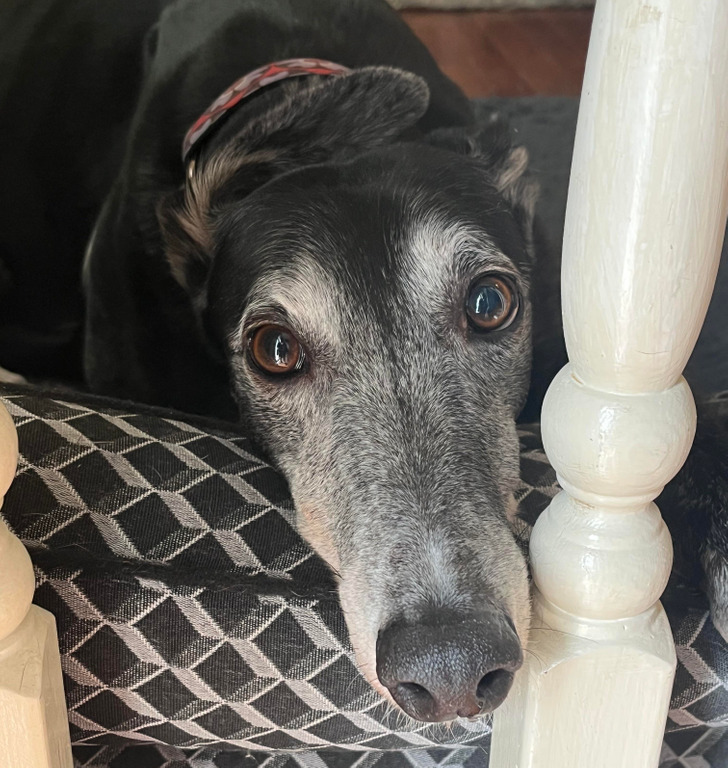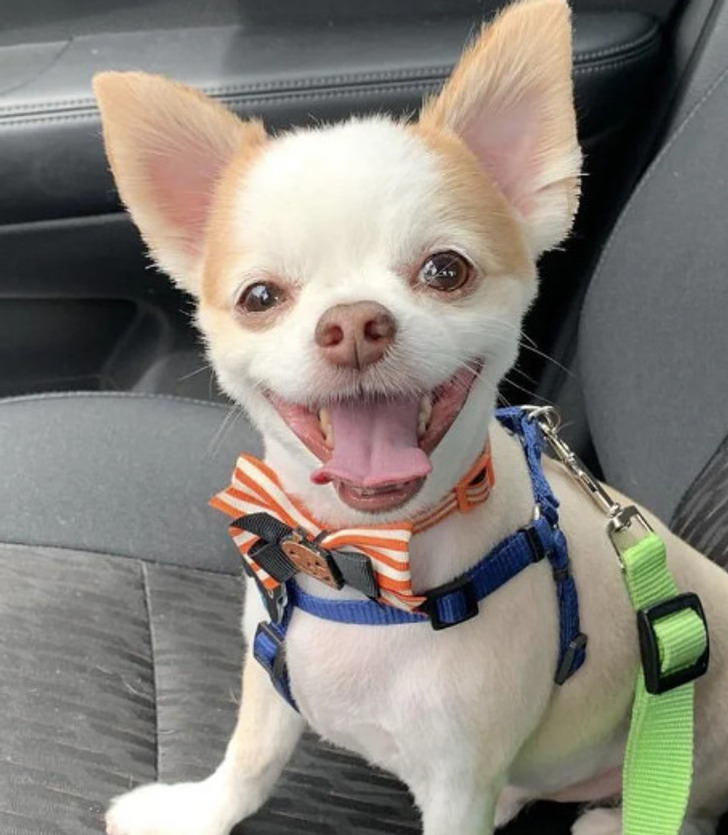Obviously don't get a chihuahua, I used to have one as a kid that ALMOST killed me when I was only 4 years old, she used to pounce on me and then snap at my face, I would pass out due to blood loss, now I'm 29 and terrified of them
8 Dog Breeds to Avoid If You Have Small Kids
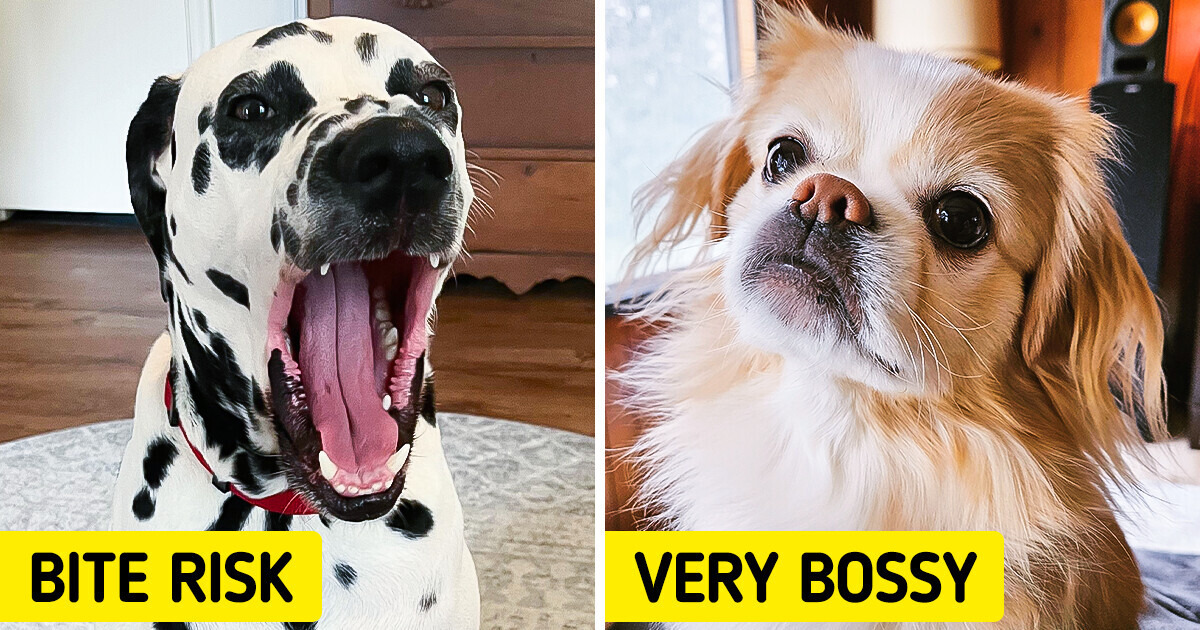
Dogs are so much more than just cute pets. Each dog has its own personality that depends equally on its upbringing and natural temperament. Of course, there are exceptions, but a dog’s breed can tell us a lot about its character and compatibility.
And while some breeds are natural “babysitters,” others are just not that great with kids. So if you’ve decided to get a loving pet companion for your toddlers, you might want to find out which breeds you should avoid.
1. Chow Chow
These fluffy pooches can easily steal anyone’s heart with their cute appearance. However, a Chow Chow might not be the best choice for a family with small, hyper kids.
This breed is incredibly loyal but is not particularly welcoming to strangers or other pets. They don’t like being messed with, and if they are not in the mood, Chow Chows might be very standoffish or even aggressive. However, with extensive early training, this breed can make a good family pet.
2. Dalmatian
Dalmatians are committed to their families, including their children. However, they can get overly excited and hyperactive, which is fun for children, but they may knock over kids accidentally.
Also, due to a genetic defect, many Dalmatians are deaf, which makes them easy to startle and could lead to accidental bites. Plus, they can be short-tempered with strangers. However, with proper socialization and obedience training, they can easily thrive in families with small children.
3. Husky
In general, huskies are tolerant and get along well with kids. However, they are also super-energetic and erratic, so it can be challenging for younger children to keep up with them. They also like to play-bite and nibble, which requires special caution when they are around fragile newborns and toddlers, as they may unintentionally bite or nip them.
4. Pekingese
These small, fluffy pooches can get along well with older children who can respect their boundaries. However, they may not be very friendly to small kids who bug them or invade their personal space. Because of their size, they can view small kids as competition and become very bossy and moody. They prefer quiet homes with fewer distractions.
5. Shar Pei
6. Dachshund
Weiner dogs’ long bodies look unusual and cute, but it also makes them prone to back problems, so being around rambunctious kids can pose an injury risk. Teaching your kids how to play with them and how to safely pick them up is absolutely necessary. Plus, these smart little pooches can be quite bossy and not very gentle while playing, but having them trained can make them better playmates for your children.
7. Greyhound
These gentle giants are usually very timid and calm, but they can get nervous in busy households with noisy toddlers. Although they are usually not aggressive, greyhounds get scared easily and might react instinctively. This beautiful breed can thrive in a more quiet home and can be an excellent pet for older children.
8. Chihuahua
This iconic breed, known for its tiny size and big personality, can be very friendly and fun, but they also tend to be moody and possessive. They don’t have a lot of patience around small children and babies, but, thanks to their intelligence, they are fairly easy to train. A chihuahua’s small size makes them quite vulnerable too, so they may not be the best for boisterous children.
Comments
I'd be wary around Jack Russells, as a kid I was attacked by one (he bit my face a few times) . Apparently he wasn't happy I was in his territory playing even though I was an invited guest and had been introduced to the dog on numerous occasions beforehand.
Related Reads
25 Brilliant Images That Every Parent Will Understand

How 13 Kid Actors Who Grew Up in the Blink of an Eye Look Now

17 People Whose Lucky Stars Ran Out of Power

10 Things Hollywood Movies Got Wrong About Women in Ancient Rome and Greece

10 Signals That People Don’t Respect Themselves and Let Others Play on Their Insecurities

15 Quiet Moments of Kindness That Made the Biggest Impact
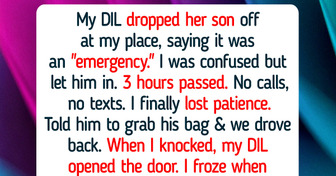
A Stranger Humiliated My Daughter at Disney World—He Picked the Wrong Mom to Mess With
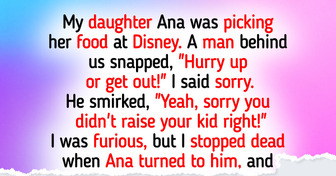
10 Stories That Prove Kindness Has Healing Power When the World Seems Unfair
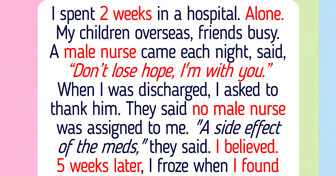
I Refuse to Let My Brother’s Girlfriend Control My House—I Put a Stop to It Fast

15 Stories That Prove Repairmen Are Full of Surprises
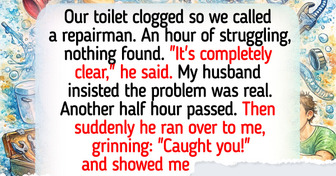
My Brother Has No Kids but Refuses to Share His Inheritance With Mine—I’m Furious
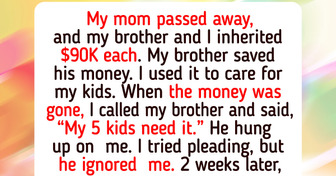
10 Hospital Workers Who Prove Kind Heart Is a Powerful Medicine

